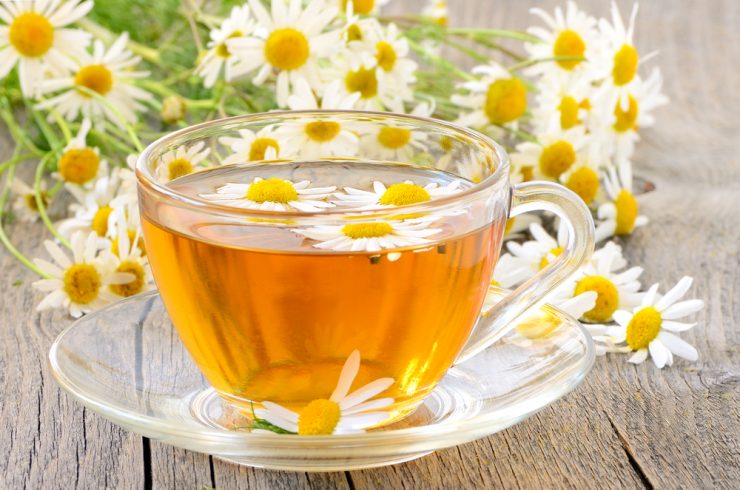Take a leaf from nature’s book and enjoy healthy herbal teas. They taste delicious and their benefits are great.
Medical herbalist Gabriella Clarke picks five of the best.
Chances are you can’t remember the last time you got through the day without a cup of tea or coffee! However, regular tea and coffee contain stimulants – caffeine (in coffee) and theobromine and theophyline (found in both) and although these can be energising in the short-term, the boost is usually only temporary. This means that ultimately, drinking lots of tea and coffee can leave you feeling lethargic and tired.
Fortunately, there is an alternative solution – trying herbal teas. They not only taste delicious but are also free of stimulants as well as having numerous health benefits.
Here are 5 of my favourites:
PEPPERMINT
Refreshing and delicious, peppermint tea helps digestion making it the perfect drink for after a meal. IBS sufferers often find it helps to soothe symptoms, as it has a relaxing effect on the bowel helping to relieve spasms and expel gas. It is also great for relieving nausea, but avoid it if you suffer from acid reflux, as it may aggravate symptoms.
This has to be the ultimate soothing tea, calming the digestive system and the nervous system. Its gentle but powerful action helps calm the nerves as well as inducing restful sleep. It may also help relieve tension headaches and migraines. If you’re not keen on its slightly bitter taste but still want to enjoy its benefits, try adding a spoon of honey.
Used camomile teabags are a popular remedy for tired, sore eyes. Simply pop them in the fridge until cool and apply onto the eyes for instant relief.
NETTLE
This common herb makes a bitter and refreshing tea with many benefits. It has a natural diuretic action making it useful if you suffer from pre-menstrual fluid retention as well as urinary tract problems – its diuretic action helps to regularly flush out the bladder making it difficult for bacteria to build up and multiply. Nettles also have anti-allergic properties. Hay fevers sufferers should try sipping a cup of nettle tea a few times a day to help reduce symptoms.
HIBISCUS
Popular in the Middle East this ruby red, slightly sour tea appears to benefit heart health. US studies show it can help to keep blood pressure levels on an even keel as well as levels of ‘bad’ LDL cholesterol. Hibiscus’s powerful antioxidant properties also help to keep blood vessels healthy and the tea can be a great choice if you suffer from type 2 diabetes, as studies also show it can have a positive effect on high blood sugar levels.
Spicy and slightly sweet, this warming tea has a stimulating effect on the circulation and is a must if cold hands and feet are a problem. It’s a great remedy for colds and flu as it strengthens the immune system and helps to alleviate nasal congestion. Try mixing with it with honey and lemon for a traditional soothing remedy.
Ginger is also great for the digestion and is a popular remedy for nausea, especially travel sickness. And that’s not all. It has a powerful anti-inflammatory action and may help to reduce joint and muscle pain.























